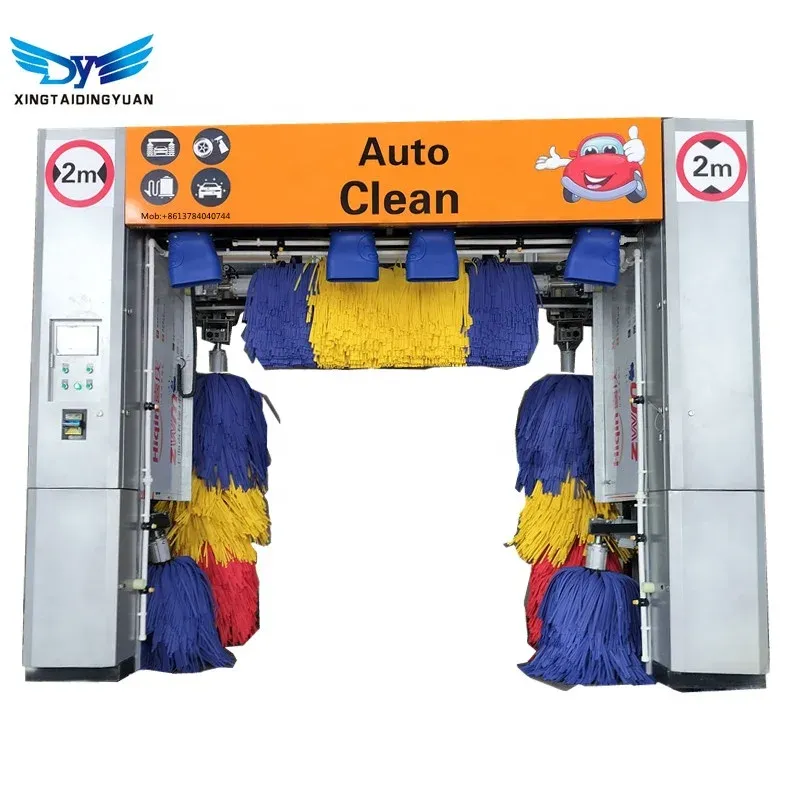
- Afrikaans
- Albanian
- Amharic
- Arabic
- Armenian
- Azerbaijani
- Basque
- Belarusian
- Bengali
- Bosnian
- Bulgarian
- Catalan
- Cebuano
- Corsican
- Croatian
- Czech
- Danish
- Dutch
- English
- Esperanto
- Estonian
- Finnish
- French
- Frisian
- Galician
- Georgian
- German
- Greek
- Gujarati
- Haitian Creole
- hausa
- hawaiian
- Hebrew
- Hindi
- Miao
- Hungarian
- Icelandic
- igbo
- Indonesian
- irish
- Italian
- Japanese
- Javanese
- Kannada
- kazakh
- Khmer
- Rwandese
- Korean
- Kurdish
- Kyrgyz
- Lao
- Latin
- Latvian
- Lithuanian
- Luxembourgish
- Macedonian
- Malgashi
- Malay
- Malayalam
- Maltese
- Maori
- Marathi
- Mongolian
- Myanmar
- Nepali
- Norwegian
- Norwegian
- Occitan
- Pashto
- Persian
- Polish
- Portuguese
- Punjabi
- Romanian
- Russian
- Samoan
- Scottish Gaelic
- Serbian
- Sesotho
- Shona
- Sindhi
- Sinhala
- Slovak
- Slovenian
- Somali
- Spanish
- Sundanese
- Swahili
- Swedish
- Tagalog
- Tajik
- Tamil
- Tatar
- Telugu
- Thai
- Turkish
- Turkmen
- Ukrainian
- Urdu
- Uighur
- Uzbek
- Vietnamese
- Welsh
- Bantu
- Yiddish
- Yoruba
High Pressure Water Pump for Efficient Car Wash Solutions
The Importance of High-Pressure Water Pumps in Car Washes
When it comes to maintaining the appearance and longevity of a vehicle, regular washing is essential. Car washes employ various tools and technologies to ensure that vehicles are cleaned effectively without causing any damage. One of the most crucial components in this process is the high-pressure water pump. This article delves into the significance of high-pressure water pumps in car washes, their functionalities, and the benefits they bring to both business owners and customers.
Understanding High-Pressure Water Pumps
High-pressure water pumps are specially designed to generate a significant amount of pressure, enabling water to flow at high speeds through hoses and nozzles. These pumps are capable of delivering pressures ranging from 1500 to over 4000 PSI (pounds per square inch), making them perfect for various cleaning applications, including car washing. The key feature of these pumps is their ability to produce a concentrated jet of water that can effectively remove dirt, grime, and stubborn stains from vehicle surfaces.
How High-Pressure Water Pumps Work
The operation of a high-pressure water pump involves several components an electric motor or engine, a pump body, and an intake and discharge system. When the engine runs, it powers the pump, which draws water from a source—usually a tank or a water line. The pump then compresses the water, increasing its pressure before pushing it through a nozzle. This process results in a powerful spray that can easily dislodge dirt particles, providing an efficient cleaning experience.
Applications in Car Washes
Car washes utilize high-pressure water pumps in various ways
1. Pre-Wash Rinse Before applying soap or cleaning agents, a pre-wash rinse with high-pressure water helps to remove loose dirt and debris. This step is critical because it prevents scratching the car’s surface during the scrubbing process.
2. Soap Application Some advanced car wash systems integrate high-pressure pumps with soap applicators. This combination allows for even distribution of detergent, ensuring thorough coverage and effective cleaning.
car wash high pressure water pump

3. Final Rinse After the washing process, a final rinse with high-pressure water removes any remaining soap and ensures that the vehicle is spotless. The force of the water helps to eliminate any residues, leaving a gleaming finish.
Benefits of High-Pressure Water Pumps
The use of high-pressure water pumps in car washes offers several advantages
- Efficiency High-pressure systems clean vehicles faster than traditional washing methods. The powerful jets significantly reduce the time spent on each car, which translates to higher throughput for car wash businesses.
- Thorough Cleaning The concentrated water spray can reach into crevices and tight spaces that hand washing might miss. This thorough cleaning helps to maintain the vehicle's appearance and uphold its resale value.
- Water Conservation Although it may seem counterintuitive, high-pressure washing can actually conserve water. These systems use less water than conventional washing methods while achieving better results, as they require less rinsing time and can efficiently dislodge dirt with less fluid.
- Versatility High-pressure water pumps are versatile and can be used for various applications beyond car washing, including cleaning patio furniture, decks, and even home exteriors. This versatility makes them a valuable asset for a wide range of cleaning services.
Conclusion
High-pressure water pumps are an integral part of modern car washing facilities. Their ability to produce high-pressure jets of water enables thorough and efficient cleaning, which is crucial for maintaining vehicles in pristine condition. From providing a quick pre-wash rinse to ensuring a spotless finish, these pumps play a vital role in enhancing the overall car washing experience. For car wash business owners, investing in high-quality high-pressure water pumps is not just a necessity; it is a strategy for growth, customer satisfaction, and sustainability. As technology advances, the effectiveness and efficiency of these systems will only improve, making them an indispensable tool in the automotive care industry.
-
Integrating Aqua Tunnel Car Wash in Shopping CentersNewsJun.24,2025
-
Gas Station with an Auto Car Wash MachineNewsJun.24,2025
-
Efficiency in Your Aqua Tunnel Car Wash: Power & Water-SavingNewsJun.24,2025
-
Car Wash Business with Advanced Auto Car Cleaning MachinesNewsJun.24,2025
-
Balancing Setup Costs with Aqua Tunnel Car WashNewsJun.24,2025
-
Aqua Tunnel Car Wash: Eco-Design for the Energy-Savvy EntrepreneurNewsJun.24,2025



